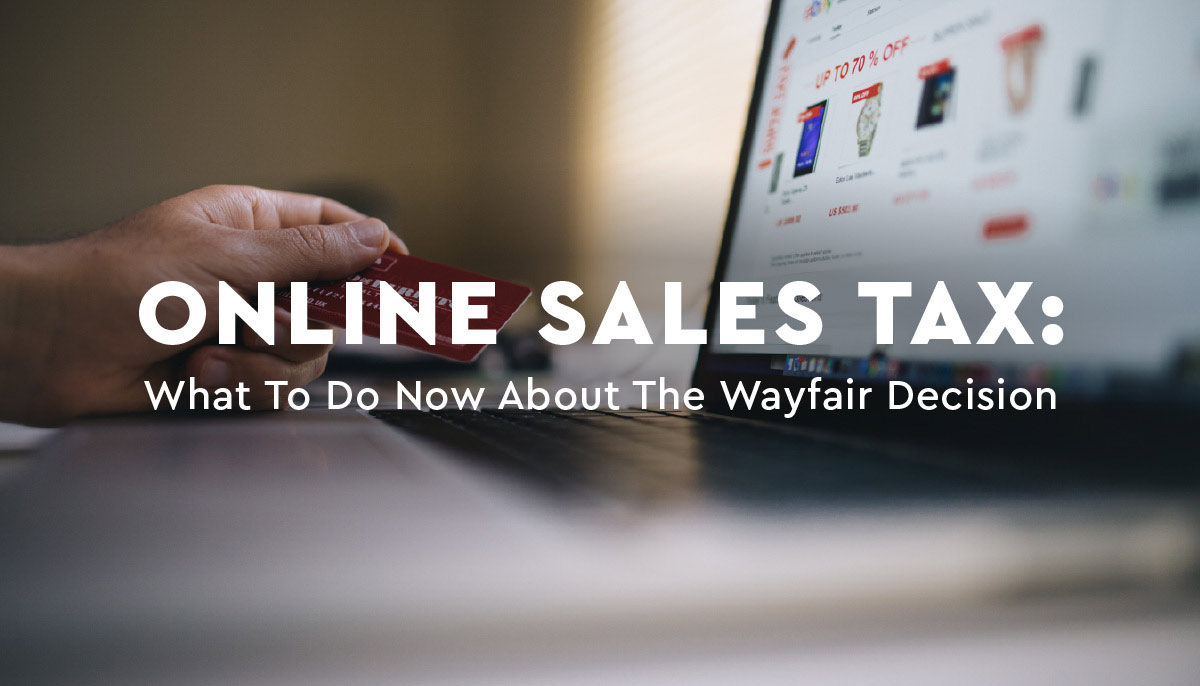
Should You Dispute Chargebacks?
Disputing chargebacks is not a simple or straightforward task. Nor are you guaranteed to win a dispute after investing a fair amount of effort. With that in mind, you as a retailer may find yourself wondering, “should I expend the effort and money to dispute chargebacks? Is it worth it?”
For a time, the inevitability of chargebacks led many to believe that they were simply to be accepted as part of the cost of business. However, this fatalistic approach is not the only path forward. Chargebacks are unavoidable, and, in fact, are on the rise. According to a 2022 report, nearly 40% of retailers say they are disputing more transactions today than before 2020. As eCommerce continues to grow, chargebacks will increase as well.
But brands and retailers do not have to accept all chargebacks as an automatic loss.
What is a chargeback?
First things first. In order to understand whether or not you should dispute chargebacks, brands and retailers need a solid understanding of what chargebacks are, including the difference between fraud and non-fraud cases. Feel free to tag this page as your quick reference for Chargebacks education.
What is a chargeback?
- A chargeback is a settled transaction that is being disputed by the customer, bank or card issuer.
Non-fraud chargebacks occur for one of the following reasons:
- Duplicated transactions
- Unclear or unfair return or refund policy
- Refunds not issued in a timely manner
- Delayed delivery or out of stock merchandise
- The product or service was not received
- The charge or payee on the credit card statement is unrecognized
- The product or services were defective, damaged or not as described
Fraudulent chargebacks are classified in two primary categories:
- True Fraud – A criminal makes an unauthorized purchase using stolen credit card information and the legal card holder initiates the chargeback to receive a refund for fraudulent charges.
- Friendly fraud – An individual takes advantage of a company’s polices and files a chargeback to avoid paying for the products or services they received.
Whether they fall under the fraud or non-fraud categories, chargebacks can hurt a brand or retailer’s business in several ways:
- Fees: Credit Card companies charge retailers significant and unavoidable fees for chargeback processing.
- Lost revenue: A won chargeback means a lost sale plus associated fees, making a notable impact on your bottom-line overtime.
- Penalties: Credit card companies will penalize retailers by essentially blocking the retailer from accepting their payment if chargeback rates exceed a certain threshold.
Dispute chargebacks, increase your bottom line
Brands and retailers today typically take one of three approaches to chargebacks:
- They have a formalized function within their fraud department for chargeback management and leverage a very skilled and tenured approach.
- They consider chargeback disputes as part of their fraud strategy but can’t report on chargeback dispute win rates.
- They do not dispute chargebacks. Instead, they choose to accept chargebacks as part of the cost of business.
As eCommerce continues to grow, so will the number of chargebacks brands receive. Brands and retailers who aren’t already there should be moving towards number one above, establishing a formalized chargeback management strategy to avoid unnecessary losses that will only grow in the coming years.
With non-fraud chargebacks in particular, industry standard shows that brands can win, on average, approximately 40% of chargebacks. At PFS, our sophisticated dispute management solution has resulted in as much as 60-70% win rates. That adds up to a sizeable increase for your bottom line.
How do you win a chargeback dispute?
Disputing chargebacks is a complicated, time-consuming process that requires the application of industry knowledge through manual review. Essentially, you must prove that a transaction was authorized, the customer was aware of the value to be received from the purchase, and, in the end, the customer received the item purchased. This means evidence and a significant amount of due diligence.
Due to the nature of and complication of chargeback scenarios, chargebacks are often mislabeled from the start. This means that any attempt to automate a chargeback dispute operation will quickly lead to more issues. This means the process almost always requires manual effort from a knowledgeable team of fraud and chargeback experts.
Winning disputes requires data from your CRM or payment processor, as well as expert knowledge.
CRM data
- PII data
- Purchase history
- Shipping details (ASN)
- Contact history
Expert knowledge
- Fraud trends
- Shopper habits
- Mislabeling of chargebacks
A successful dispute management operation requires extensive time, effort and resources that could otherwise be focused on sales and customer service. Because of this, more and more retailers are outsourcing chargeback management operations. There are clear benefits to outsourcing your chargeback operations:
- Proven processes
- Expert knowledge
- Free up resources
- Peace of mind
- Scalable staff
Stop settling for less
In short, yes, you should dispute chargebacks. Brands don’t have to accept chargebacks as an automatic loss and settle for a lower bottom line. Disputing chargebacks, though it does require a fair amount of effort and upfront investments, will lower your overall fraud risks and increased total sales.
PFS offers proven dispute management expertise. We help brands like you fight back through outsourced chargeback services.
Why PFS Chargeback services?
- 40+ years of fraud experience
- Serving 40+ clients across industries
- Win rates above industry standards
- Non-fraud: 67% vs 40%
- Fraud: 30% vs 18%
- 100% of disputes handled within the chargeback period
Reach out today to learn more about how we can help you recover valuable sales revenue that is slipping through the cracks.


